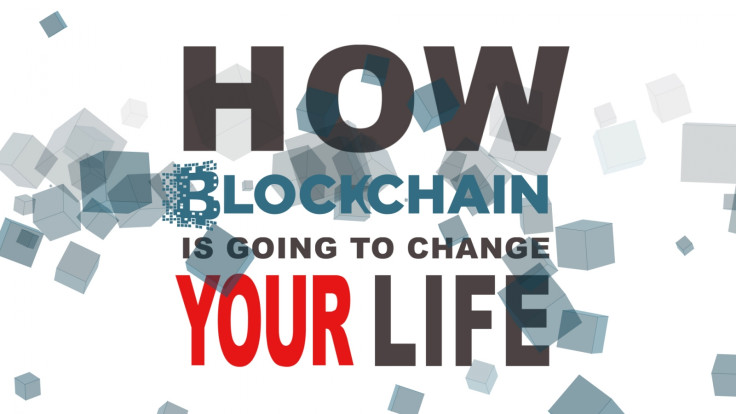When will charities become blockchain-based 'trust machines'?
The Charities Aid Foundation has published another thoughtful report on blockchain technology for social good.

Blockchain has been described as the 'trust machine', and as such constitute a fitting application to the world of charities. The Charities Aid Foundation (CAF) has been applying the typical characteristics of blockchain design – transparency, immutability and so on – to the context of charities.
Rhodri Davies, leader of the Giving Thought policy programme at CAF, has now authored a third report looking at blockchain and charities, Block and Tackle: Using blockchain technology to create and regulate civil society organisations.
Davies' previous paper mulled interesting questions such as whether the sort of 'radical transparency' that a blockchain could deliver was necessarily a good thing; tracking every penny donated as if it were a watermarked token, might actually put people off giving because they could see their money being spent on paperclips, rather than on doctors in crisis-hit countries or life-saving drugs.
These themes and others have been developed by Davies in the latest report.
It looks at areas like verifying trustees using blockchain-based ID systems, or registering charities on the blockchain and setting rules for them to abide by within smart contracts, as well as real-time reporting on spending.
Davies told IBTimes: "Just like companies, charities are organisations that have a legal structure and essentially what that means is a collection of a minimum number of people; in the case of companies, a company secretary and directors. Charities have trustees and then there are some bits of paper that tell you what the organisation is and how it is going to operate. All of that is stuff that you can put on the blockchain in the same way as you can put all sorts of other assets on there."
Davies is well versed in the technology, not to mention the tendency among some blockchain evangelists to want to deploy them at all costs and in all cases. "Actually I think if you make some assumptions about future direction of travel and more financial transactions also taking place on the blockchain, you start to get some really interesting possibilities arising about what this means for creating charitable entities in the first place, and how easy it is to do that. Also how secure that is and what it means for levels of public trust."
One of the issues currently when it comes to registering organisations is just making sure that the people involved in them are who they say they are and they don't have other interests that make them unsuitable, noted Davies. "It would potentially be much easier to streamline that and make it more effective if the whole system is running on the blockchain."
Also, a big public decentralised ledger means anybody could easily check the list of organisations for free, whereas currently that's a thing that you have to set up separately. In the UK it's the Charity Commission; in the US it's the IRS, in various other places it's other organisations. "Obviously that costs money to do and you have to employ people to run those registers, whereas if you have got a blockchain-based system, that sort of comes automatically.
"If you take the further step of assuming that financial transactions were happening in some form of cryptocurrency or that people were starting to tokenise, so even if it was happening in cash there was an equivalent, then you get that idea of essentially real time financial information about organisations and what they are spending. This returns to the question in the last paper about radical transparency."
A number of industries and sectors are looking closely at how to implement automated and enforceable smart contracts, which can be thought of as the programs that run in two places or more with exacting certainly on top of blockchains.
"You can use those smart contracts to codify up front what it is they are or aren't able to do. So you have this kind of fundamental shift from a model where currently in an offline world you set rules and then you have to have agencies like regulators to come along and tell people off when they break those rules."
IBTimes UK asked what sort of rules could be coded into smart contracts in the context of charities.
"There are rules about percentages of spending that can go on certain things; not in the UK but in the US I think they have a rule about percentage of money that can get spent on fundraising costs for certain sorts of donations.
"You occasionally get scandals where charities spend loads of money on fundraising events and you get the sense that they are being used as a vehicle just to allow people to have nice parties, and that's one way of missing the charity – and you would head that off at the pass."
"But it could be something as simple as, if you have a charitable mission, your money as a charity has to be spent on furthering mission in some way. Obviously it's quite an ask in terms of actually formulating those contracts, and we are seeing this as a few years down the line."
© Copyright IBTimes 2025. All rights reserved.






















